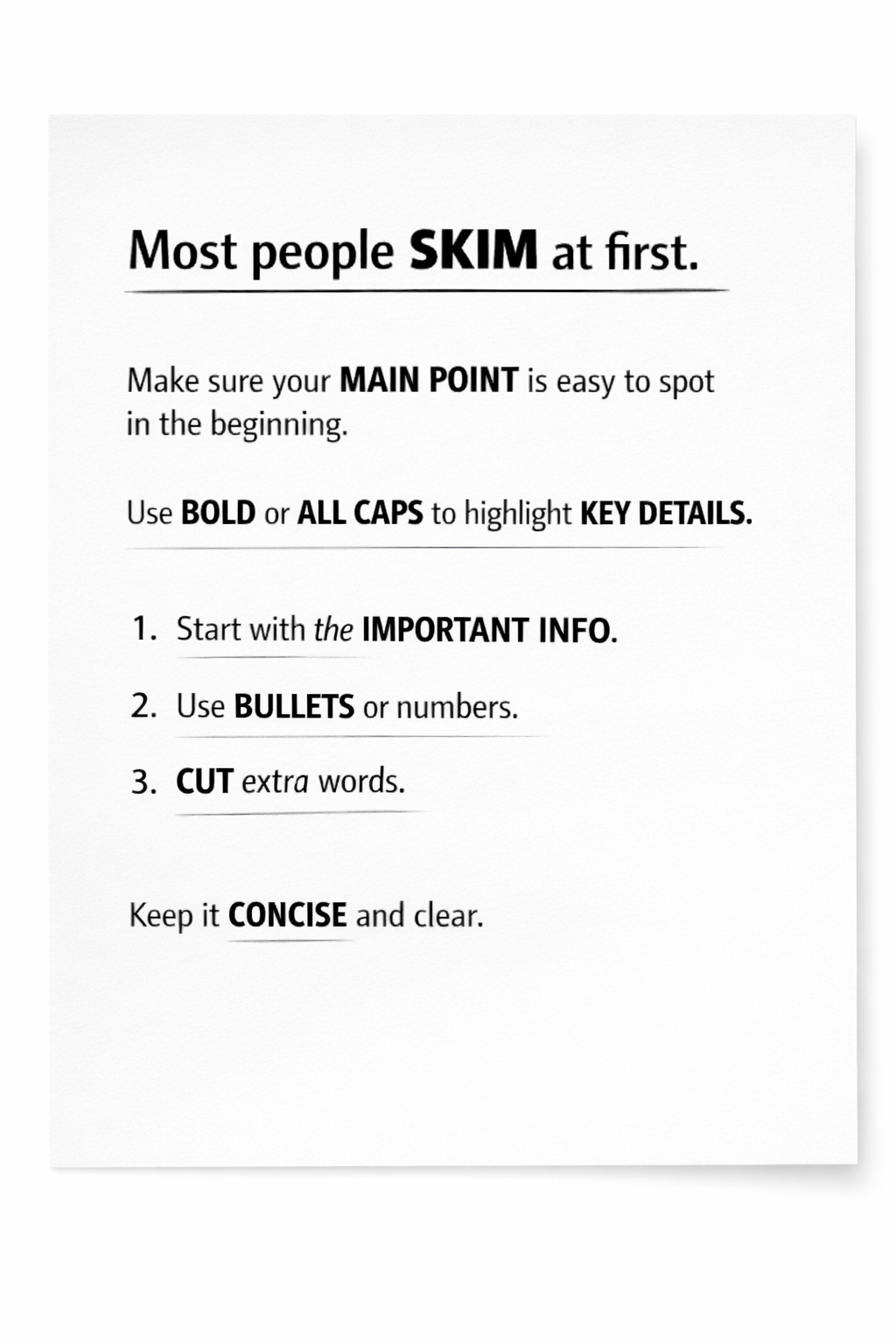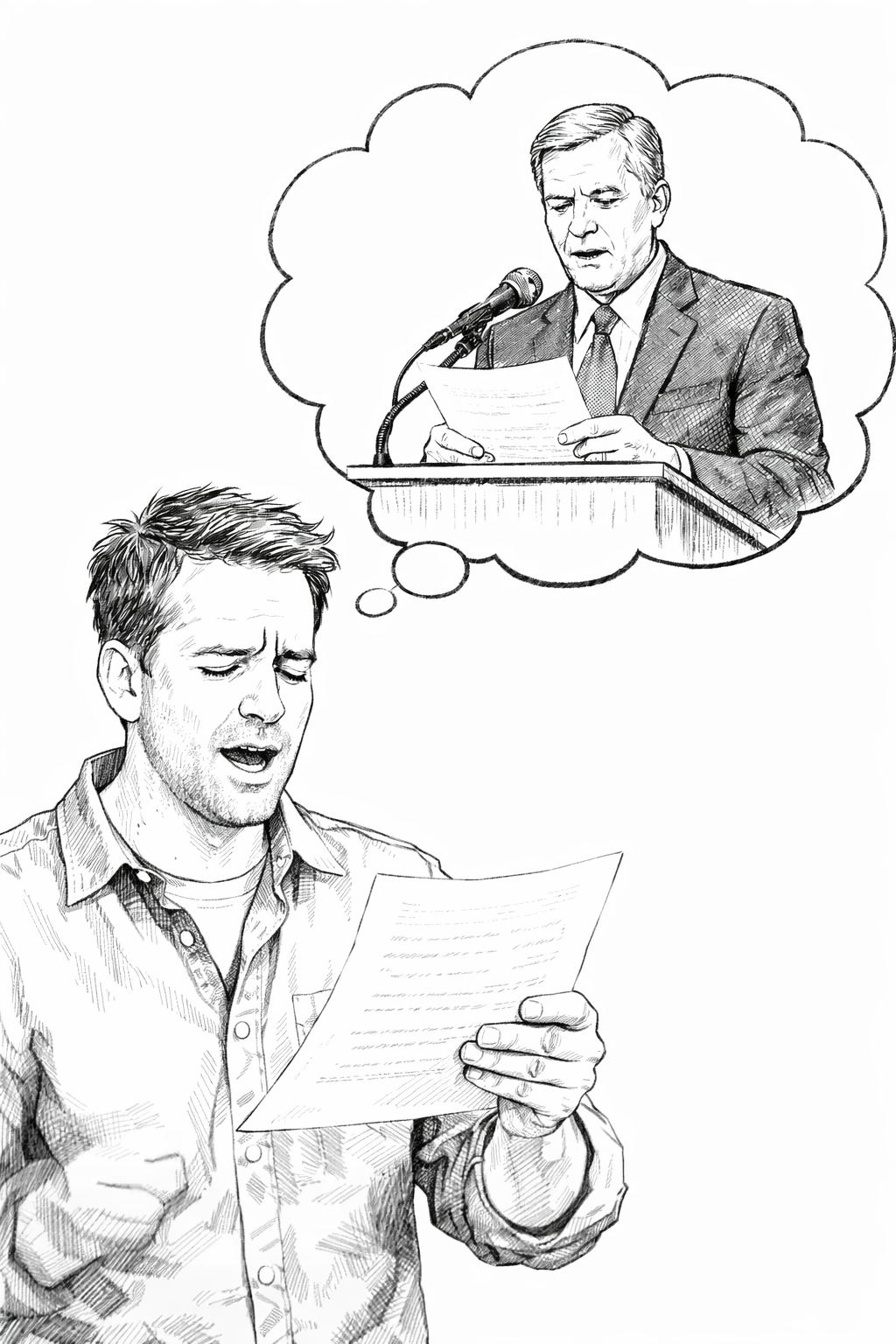Nib #54 Joe Biden's Un-Fond Farewell
There were a thousand things wrong with President Joe Biden's biting, pharisaic Farewell Address. And a thousand lessons speechwriters can take from it.
But the Nib will only take up the speech's biggest unforced error: how badly it missed the moment.
You wouldn't know it from listening to the president Wednesday night, but Joe Biden wasn't on the ballot in November. Officially, he left office on his own terms. By rights, this ought to have been the retirement speech of a well-liked (by modern standards) elder statesman.
It could have been warm and gracious, full of paeans to bipartisanship and the American Dream. That kind of speech would have fit with its Oval Office setting -- dignified and intimate.
There are traces of this kind of speech in the text: the extended metaphor about the Statue of Liberty, the poignant autobiographical details, and even the short litany of his administration's accomplishments.
The American people would have appreciated that speech, if it wasn't too long. But the speech the president delivered wasn't really for the American people. It was for Biden and his inner circle. To vindicate. To settle scores. The whole thing came across like a stump speech for an imaginary do-over re-election campaign Biden is apparently running in his head.
The caustic tone and content shrunk the president. It made his halting delivery seem shambling instead of grandfatherly. It also invited pointed rebuttal, a strange choice for a president leaving office with a 36% approval rating.
Sections of the speech were pure cringe. Blaming the Los Angeles fires on climate change? Decrying billionaires' political influence after giving George Soros a presidential medal? Warning about the dangers of free speech?
No doubt some partisans ate it up. But presidential farewells shouldn't be partisan. They are a conspicuously non-partisan civic ritual. They're about burying hatchets, turning pages, and coming together. They are supposed to rise above personal grievances and partisan politics, and by example encourage the country to do that same.
That's what the moment demanded. And Biden was perfectly capable of meeting it. Better speechwriters would have given him the chance.
The lesson for speechwriters: meet the moment, don't try to hijack it.
Until next week... keep writing!











